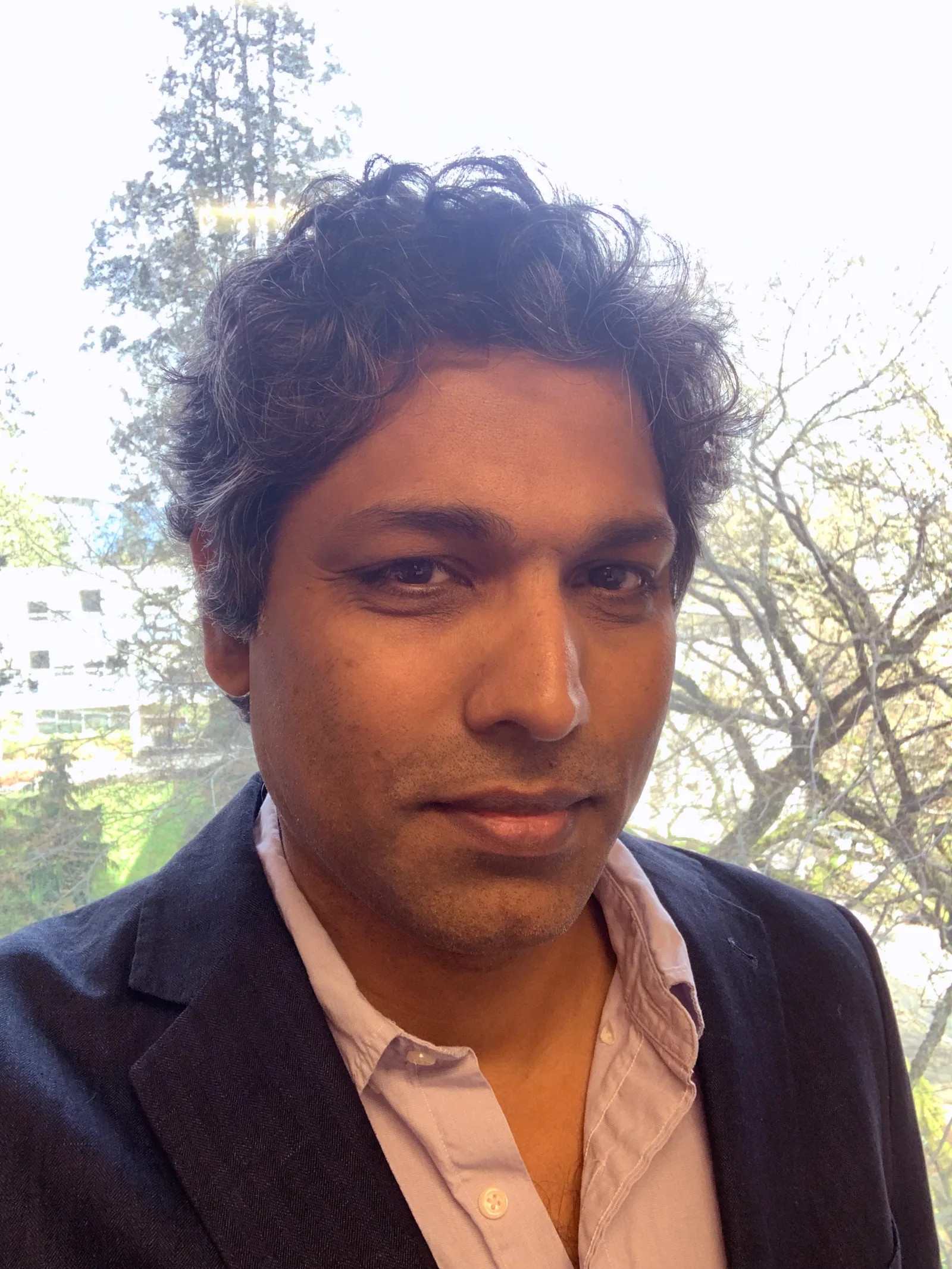Black People, Enslaved Populations: Registration and Rights in the British Caribbean, 1787-1838
Ramesh Mallipeddi, University of British Columbia
My paper concentrates on a range of literary and extra-literary sources—James Grainger’s georgic poem The Sugar-Cane (1764), Maria Edgeworth’s short story “The Grateful Negro” (1802), and judicial testimonies of enslaved rebels—to examine how disenfranchised Africans conducted politics in the revolutionary Atlantic. Taking the controversy over the Registry Bill as a pivotal moment between the founding of the Society for the Abolition of the Slave Trade (1787) and emancipation (1838), I investigate how enslaved people aspired for what Steven Hahn in his seminal study of race and political democracy has termed “socially meaningful power.” The term “people” in current work on political democracy is largely synonymous with the inhabitants of the nation-state. As members of the diaspora, exiled from their native lands, enslaved Caribbeans were stateless people who lived in the extraterritorial space of the colony, outside of established structures of governance. Yet they waged struggles, individually and collectively, for meaningful control over their lives and labor, not to mention for their subjecthood. Moreover, the overwhelming majority of Africans were first-generation migrants who labored on sugar fields. Both the changing demographic profile of populations (that is, the proportion of Whites to Blacks, on the one hand, and of African-born slaves to creoles, on the other) in each colony and agrarian labor profoundly shaped Black people’s political aspirations. Attention to labor and racial demography illuminates ideas that have become central to recent work on political democracy: rights, freedom, and sovereignty.
Respondent: George Boulukos (Southern Illinois University)
Register
This event is free, but all participants must register in advance. Space is limited, so please do not request a paper unless you plan to attend.
Register and Request PaperAbout the Eighteen-Century Seminar
The Eighteenth-Century Seminar is designed to foster research and inquiry across the scholarly disciplines in eighteenth-century studies. It aims to provide a methodologically diverse forum for work that engages ongoing discussions and debates along this historical and critical terrain. Each year the seminar sponsors one public lecture followed by questions and discussion, and two works-in-progress sessions featuring pre-circulated papers.
The seminar is organized by Timothy Campbell (University of Chicago), Lisa A. Freeman (University of Illinois at Chicago), Jason Farr (Marquette University), and Alicia Caticha (Northwestern University).
